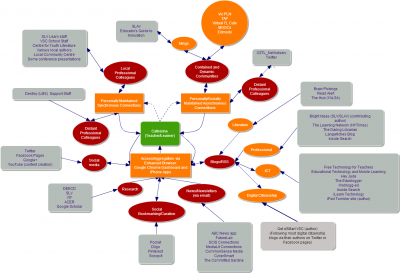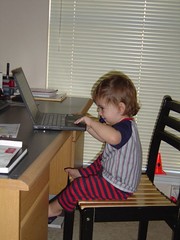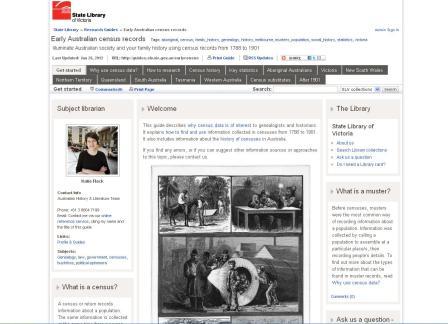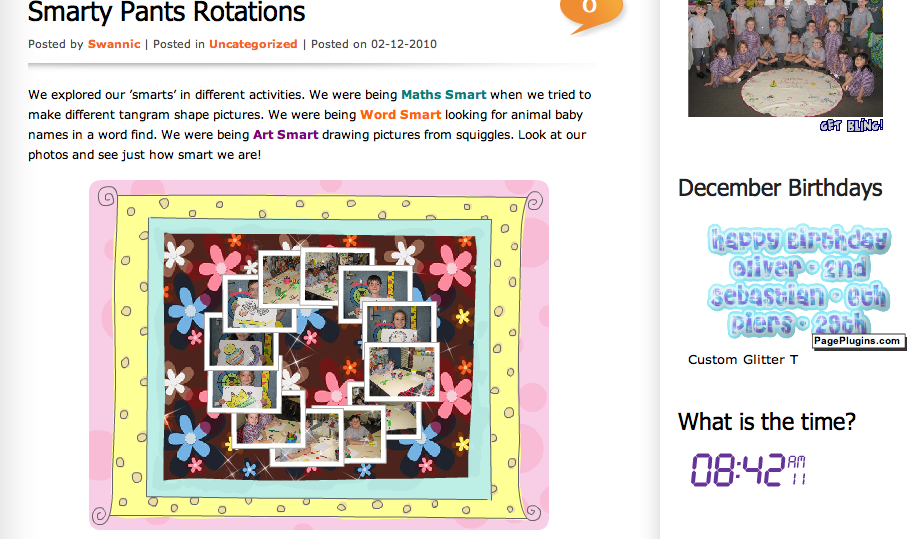As part of a new series on advocacy in school libraries, regular Bright Ideas contributor Catherine Hainstock shares her reflections on how school librarians can assert their place at the heart of the school.
The School Library Association of Queensland in partnership with the Queensland University of Technology has recently published research on the important contribution that school libraries and teacher librarians make to literacy development. This excellent report reinforces the findings of decades of research on the positive influence a well-resourced library with a qualified teacher librarian has on student achievement.
I read this report in tandem with Guy Kawasaki’s book, “Enchantment: The Art of Changing Hearts, Minds and Actions”. His book is about promotion and customer service and even though a school library is not a business, I believe it’s a useful model to explore. At the end of the day, as a teacher librarian I feel I am here to help others. The better our service, the better the result. I am also interested in how we promote what we do because no matter how much research is released, how well supported a school library is, how well it is resourced, or how qualified the teacher librarians are, there is no immunity from decisions to down-size or side-line a library service.
We must make our contribution to school life and student outcomes evident and our influence felt by everyone who comes into the library. Kawasaki’s book helped me understand that my ultimate goal is not about improving customer service, it’s about enchanting people with our service.
[Enchantment] is more than manipulating people to help you get your way. Enchantment transforms situations and relationships. It converts hostility into civility. It reshapes civility into affinity. It changes skeptics and cynics into believers.
— Guy Kawasaki
Kawasaki’s book goes right back to basics (and that’s not a bad thing). He reveals the foundation of enchantment as ‘Likeability’. You can’t enchant people if they don’t like you or your service. (I still haven’t forgot the tyrannical librarian in the public library when I was a child!) Those lady-dragons in pearls may be extinct now, but we want students and teachers not just using our services, but raving about them. Here’s a short list of points from the book that I found relevant to school Library/Information Services (and check out this infographic for more):
- smile (and be polite)
- accept others (and sometimes give them a break)
- get close (get out of the library and make contact)
- project your passions/find shared passions
- create win-win situations
- adopt a Yes attitude
Kawasaki also points out that likeability only goes so far – people need to be able to trust you and your service. In a chapter on the importance of trustworthiness there’s some excellent food for thought about:
- focussing on goodwill
- living up to and fulfilling promises
- giving people the benefit of the doubt
- the importance of expertise and competence (like keeping abreast of basic ICT skills for us)
- showing up (physically and virtually interacting with our clientele)
Reading these two publications at the same time brought into focus the influence we have (or can have) as teacher librarians and how important it is that we recognise and actively cultivate opportunities no matter how big or small.
We used to say the library was the heart of the school; a place for students to learn, inquire, read and enjoy. But with all the technological changes occurring in education, school libraries are no longer contained within four walls. Perhaps the focus can finally shift from the physical space to the real heart of the library – teacher librarians and the services they provide. Over the next few posts, I hope to explore the idea of teacher librarians at the heart of the school. I’d like to reflect on what that can mean for us and how we can continue to grow our influence.
Other posts in this series:
Image Credit: (ca. 1910), Interior of The Queen’s Hall, showing a member of staff sitting at the Enquiries window, State Library of Victoria Pictures Collection.






